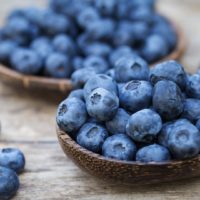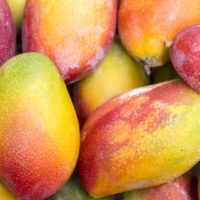![]()
WHAT IS A COCONUT?
These tropical palm tree seeds look like tiny brown balling balls. They have a white, fleshy interior and coconut juice center. While it might sound like nature’s version of a bonbon, cracking open these shells is not easy. The three indentations that naturally form on the shell led Spanish explorers to name it after a skull. Growing mostly by water, the brown husk is often used as charcoal. The white flesh (copra) has surged in popularity among food and cosmetics producers.
WHY ARE COCONUTS GOOD FOR YOU?
Raw it is rich in fiber, vitamins, electrolytes and minerals. However the canned variety loses some of these benefits when processed. There has been a lot of debate whether coconuts are actually healthy when it comes to coconut oil. It is made up almost entirely of saturated fats. So consumed in excess, coconut oil can contribute to higher cholesterol levels. This in turn can lead to heart disease. However like with all things, leading a healthy lifestyle and consuming coconuts in moderation is common in many cultures.
WHEN ARE COCONUTS IN SEASON?
They are typically harvested between 10 to 12 months of age. This means that there is no specific season since the trees produce coconuts throughout the year.
HOW SHOULD COCONUTS BE STORED?
Unopened coconuts can be stored at room temperature for several months (depending on how young they are when you buy them). Once opened, seal in an air tight bag and refrigerate for several days (or freeze for four to five months).
WHAT IS THE PROPER WAY TO CUT A COCONUT?
Click here to see!
COCONUT WATER WAS OFTEN USED IN TRANSFUSIONS AS A BLOOD SUBSTITUTE?
Supposedly during World War II when doctors ran out of saline they used coconut water instead. While its oral health and hydration benefits are well documented, its use in emergency medical situations is not. There have been some sporadic tests done over the years. But unless you’re trapped on a tropical island with nothing else, stick with coconut water as a refreshing drink.




